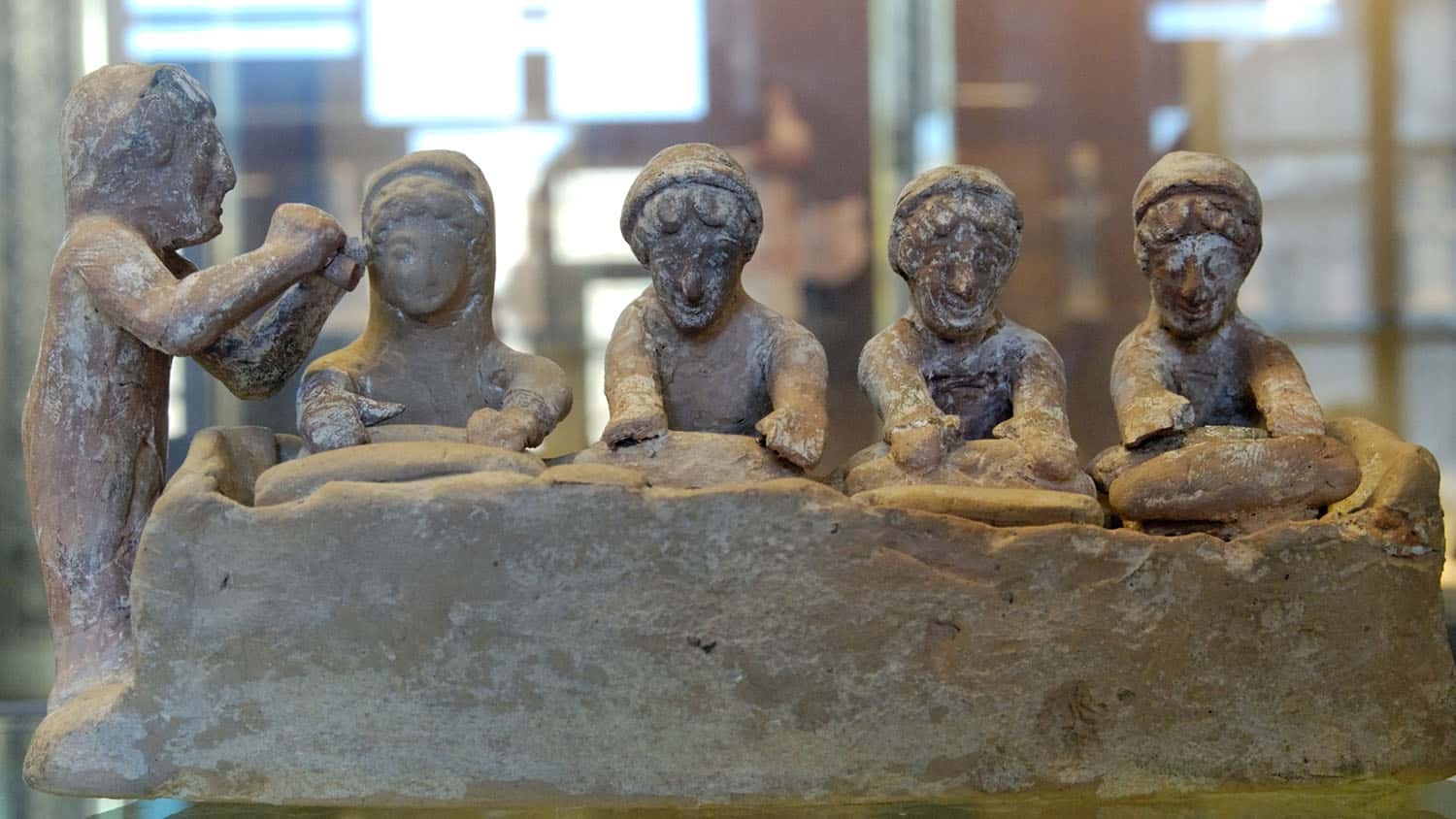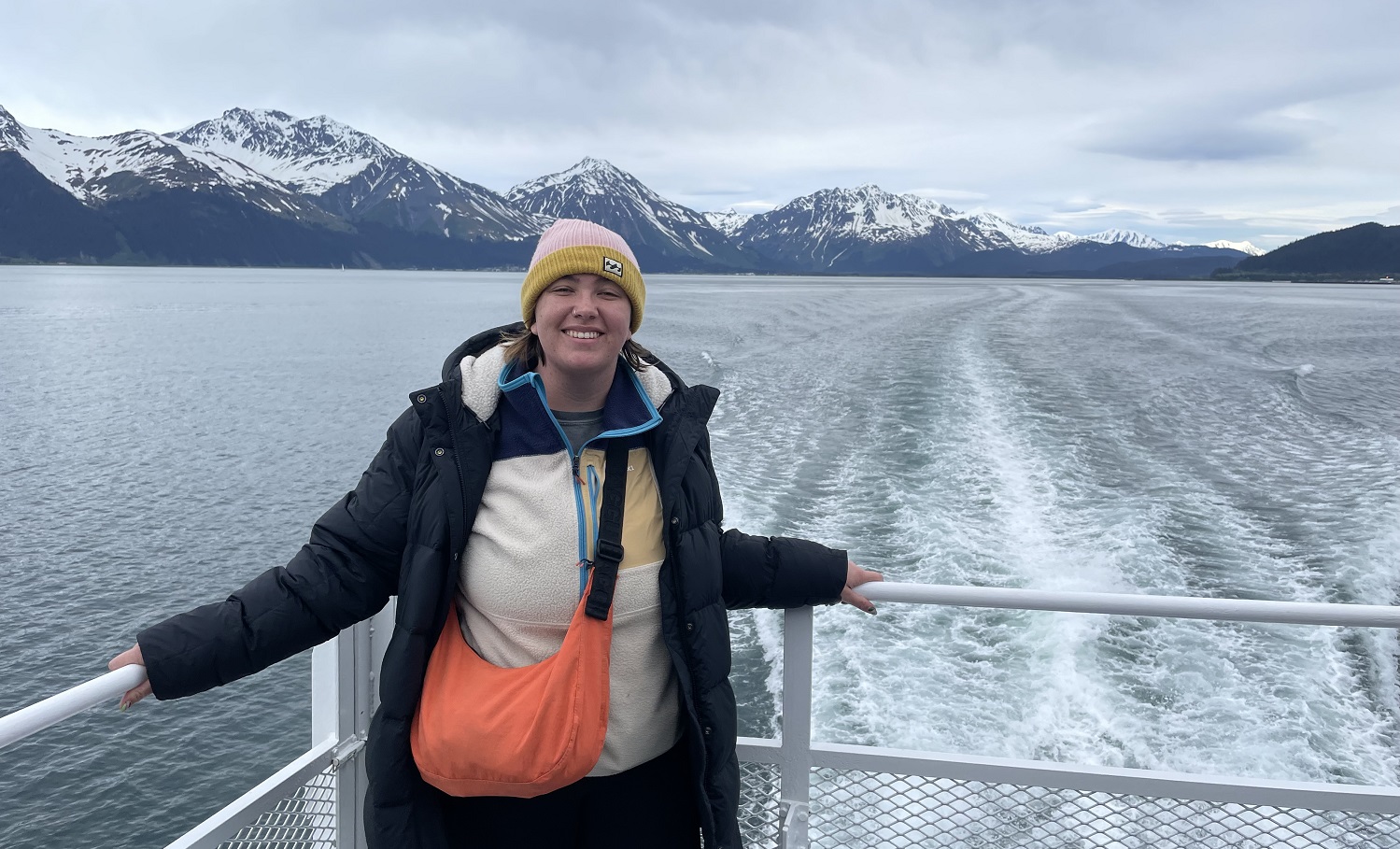Pageants of Sovereignty: ‘Merciless Indian Savages’ and American Nation-State Formation on the Northern Borderlands, 1774-1775
Mortimer, Loren Michael. “Pageants of Sovereignty: ‘Merciless Indian Savages’ and American Nation-State Formation on the Northern Borderlands, 1774-1775.” (Under the direction of Dr. Craig Thompson Friend.)
When Thomas Jefferson denounced the Native American nations residing west of the thirteen colonies as “Merciless Indian Savages” in the Declaration of Independence, he willfully misrepresented the negotiated peace that prevailed in the borderlands in the summer of 1776. The British empire had lost its grip on its North American frontiers as early as 1774 with the death of Sir William Johnson, the superintendent for Indian Affairs. Presiding over a personal and political frontier empire of his own making, his larger than life persona substituted for enduring imperial institutions on the colonial frontier. His 1774 death left a power vacuum, which ignited long smoldering conflicts between competing colonial and native factions. Like the colonists, Native American nations had their own grievances with the British Crown and North America erupted in concurrent revolutions in 1775 as colonial and indigenous nations sought to dismantle British North America, replacing the monolithic empire with a plurality of sovereign nations—indigenous and European in origin. Within weeks of convening in 1775, the Second Continental Congress dispatched envoys to the northern frontier to negotiate treaties of neutrality. In the 1775 treaty councils at Albany and Fort Pitt, Native American and local colonial leaders affirmed Congress as an independent, sovereign body with legitimate diplomatic powers. Fear of a British-led Indian war compelled the colonies to cede the power of Indian diplomacy to the embryonic central government; it is a power the federal government has never relinquished. The 1775 treaties of neutrality contained the American Revolution—both the war and the political revolution— to the thirteen colonies and transformed an endemically violent frontier into a neutral space where sovereign American nations were free to pursue their own revolutionary projects.
- Categories:


